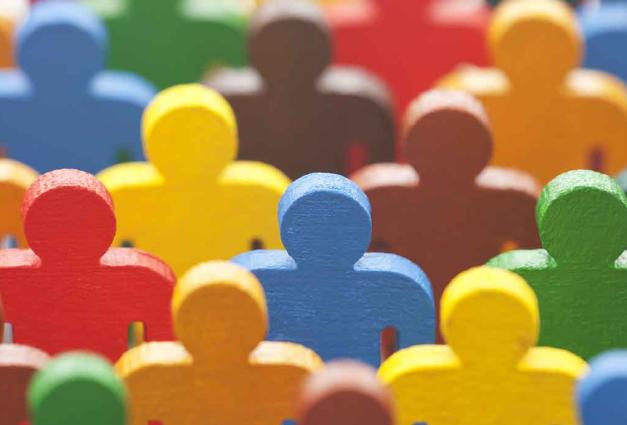People and pop psychologists alike love a good self-help book. The idea that you can take control of your life, changing things about yourself, your personality, or your emotions, is very appealing and often referred to as having a “growth mindset.”
In recent years, there’s been a surge in research promoting a growth mindset and praising it for its benefits to well-being. This makes sense when you consider if we think something is controllable, we put more energy into trying to improve it, leading to the good outcomes we’re after. But If I think I am in control of my emotions, does it follow that I believe you are in control of yours? And how does this belief influence how I treat you when I see you distressed?
New research by Angela Smith at the University of Toronto addresses these questions about the social components of a growth mindset in the context of emotions. In two studies, Smith examined the association between people’s beliefs about emotional control and their behavioral reactions to an imagined depressed woman.
Two competing possibilities emerge. One is that a growth mindset is related to higher compassion and support for the distressed person, leading to perspective-taking and concern. On the other hand, people can often be judgmental, and a growth mindset might lead people to think “I’m in control of my emotions, so why aren’t you?” These beliefs then may lead to blaming the person for their distress, being annoyed, or avoiding them and their negative emotions.
Results across both studies indicated that the belief that you can control your own emotions predicted harsher outcomes for the treatment of a distressed other. Individuals that endorsed controllability of emotions blamed the depressed woman more, were more annoyed, and wanted to avoid her. Not only that, they also took her perspective less, were less concerned, and were less apt to provide support than those not using a growth mindset.
Believing other people can control their emotions leads to more negative social responding. Even though a growth mindset is tied to plenty of individual benefits, the positive belief that we can control our emotions ironically results in a more negative, unsympathetic social interaction. What’s good for me, seems to be bad for us.
Written By: Erika Pages, PhD Candidate at Arizona State University
"When ‘good’ beliefs go bad: Upsides and downsides of believing emotions are controllable," a talk presented at the Emotions Preconference, held on February 27th, 2020
Speakers: Angela M. Smith, University of Toronto




